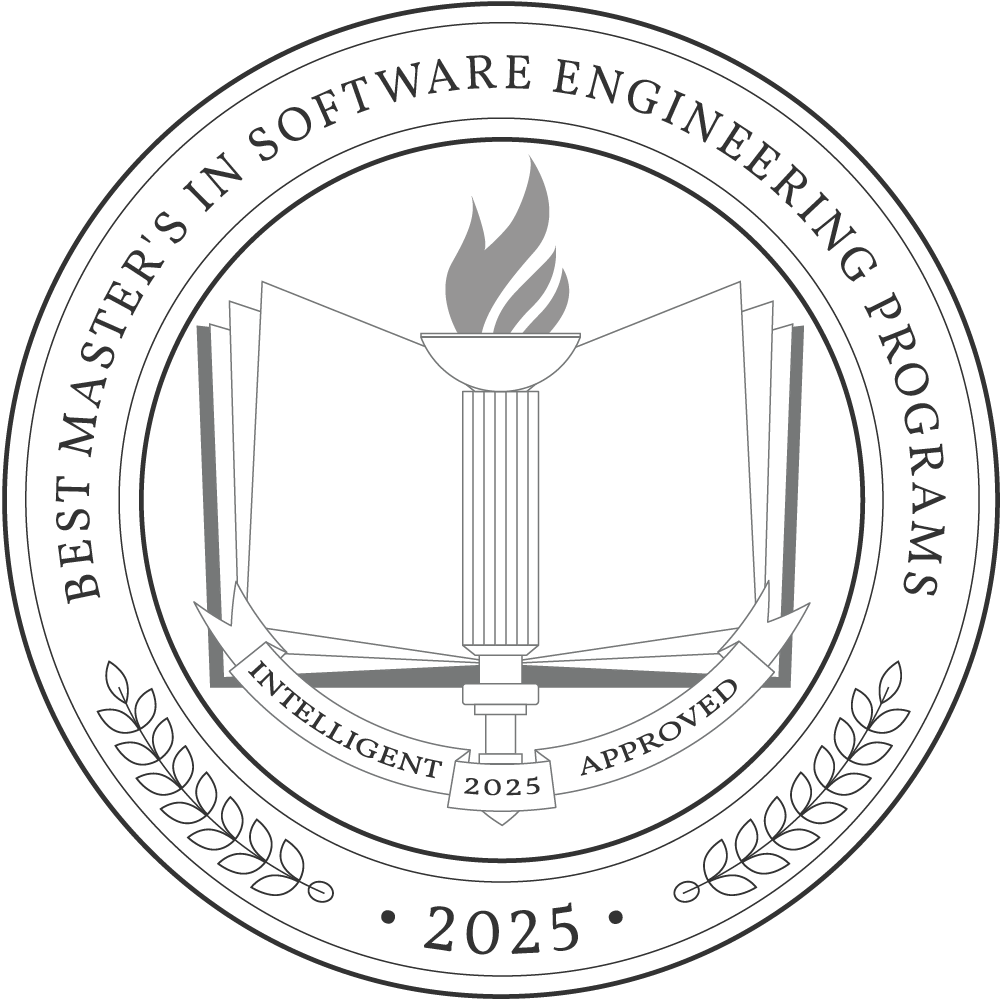In a digital era, the demand for skilled software engineers is paramount across various industries. A master’s in software engineering equips students with advanced technical expertise and practical experience to excel in roles such as software developer, software architect, systems analyst, or project manager. According to data from the Bureau of Labor Statistics, software developers earn an average salary of $130,160 per year, with the potential for higher earnings based on specialization and experience.
The program typically spans one to two years, depending on whether you are enrolled full-time or part-time. Cost varies depending on the institution you attend, but the National Center for Education Statistics reports an average expense of $12,000 to $30,000 for master’s degree programs.
Why Trust Us
The Intelligent.com Higher Education Team is dedicated to providing students with independent, equitable school and program rankings and well-researched resources. Our expert-driven articles cover topics related to online colleges and programs, paying for school, and career outlooks. We use data from the U.S. Department of Education’s College Scorecard, the National Center for Education Statistics, and other reputable educational and professional organizations. Our academic advisory team reviews content and verifies accuracy throughout the year for the most current information. Partnerships do not influence rankings or editorial decisions.
- Analyzed over 2,000 national, accredited, and nonprofit colleges and universities
- 800+ rankings pages are reviewed and updated yearly
- Content is informed by reputable sources, surveys, and interviews with academic advisors and other experts
- Over 100 data points are reviewed for accuracy and quality throughout the year, including sources
How we rank schools
Our list features the best Master’s in Software Engineering degree programs at top colleges nationwide. Each school featured is a nonprofit, accredited institution — either public or private — with a high standard of academic quality for post-secondary institutions.
We evaluated each school’s program on tuition costs, admission, retention and graduation rates, faculty, reputation, and the student resources provided for online students. We collected data from trusted sources like the National Center for Education Statistics, individual school and program websites, school admissions counselors, and other data sources. Then, we calculated the Intelligent Score on a scale of 0 to 100 based on the following criterion:
Academic Quality:
- Admission rate versus enrollment rate
- Retention rate of students who return after year one
- Accreditation status (regional and programmatic)
- Nonprofit status, both private and public institutions
Graduation Rate
- Overall graduation rate
- Total number of currently enrolled students, including diversity metrics
- Student-to-faculty ratio
Cost and ROI
- In-state and out-of-state per-credit tuition rates and fees
- Required credits to graduate
- Earning potential after graduation
- Availability of federal student loans, scholarships, and other financial aid options
Student Resources
- Available student services for online-only and hybrid programs
- On-campus amenities like tutoring centers and the number of libraries
Read more about our ranking methodology.
Best 22 Accredited Master’s in Software Engineering Degree Programs
FiltersInstitution Type
Status
- Intelligent Score
- Alphabetically By University Name
- Acceptance Rate
- Enrollment
- In-state Graduate Tuition
- Out-of-state Graduate Tuition
- In-state Undergraduate Tuition
- Out-of-state Undergraduate Tuition

Kennesaw State University
Intelligent Score: 99.54In-state: $4,450
Out-of-state: $15,704
In-state: $5,328
Out-of-state: $5,328
SAT: 1030-1200
ACT: 19-25
In-State: $296
Out-of-State: $1,066
On-Campus, Online, Hybrid
Southern Association of Colleges and Schools Commission on Colleges
30

Auburn Engineering
Intelligent Score: 98.34In-state: $10,080
Out-of-state: $30,240
In-state: $10,080
Out-of-state: $10,080
SAT: 1160-1320
ACT: 25-31
Resident: $594
Non-Resident: $1,782
On-Campus, Online
Southern Association of Colleges and Schools Commission on Colleges
33

ECU College of Engineering and Technology
Intelligent Score: 97.26In-state: $4,452
Out-of-state: $20,729
In-state: $4,749
Out-of-state: $4,749
SAT: 1020-1170
ACT: 19-24
Resident: $263 non-Resident: $994
On-Campus, Online
Southern Association of Colleges and Schools Commission on Colleges
30

DePaul University
Intelligent Score: 96.53In-state: $40,551
Out-of-state: $40,551
In-state: $19,370
Out-of-state: $19,370
SAT: N/A
ACT: N/A
$918
On-Campus, Online
Higher Learning Commission
48
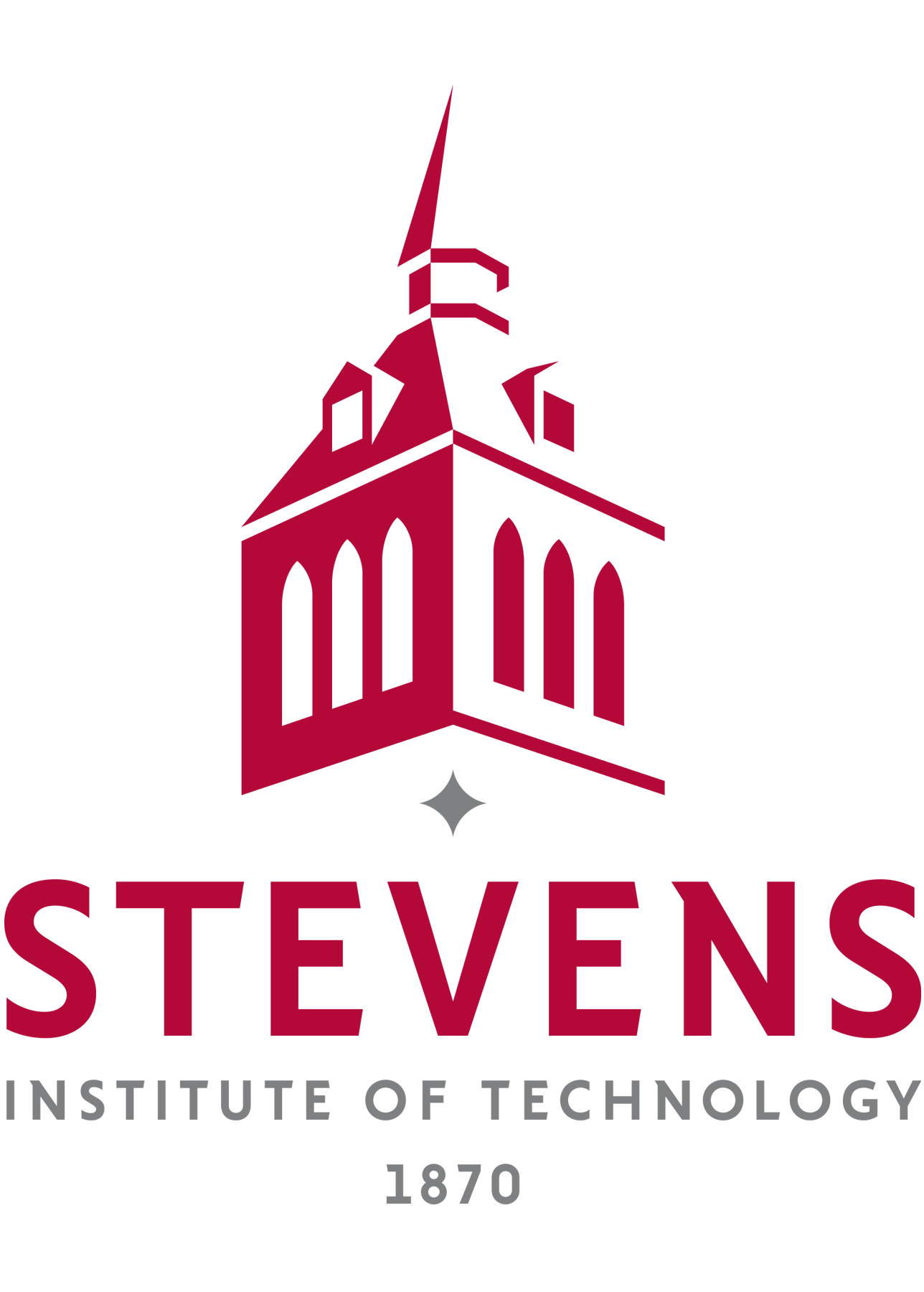
Stevens Institute of Technology
Intelligent Score: 95.94In-state: $53,828
Out-of-state: $53,828
In-state: $37,414
Out-of-state: $37,414
SAT: 1320-1480
ACT: 31-34
$1,784 - $2,379
On-Campus, Online
Accreditation Board for Engineering and Technology
30
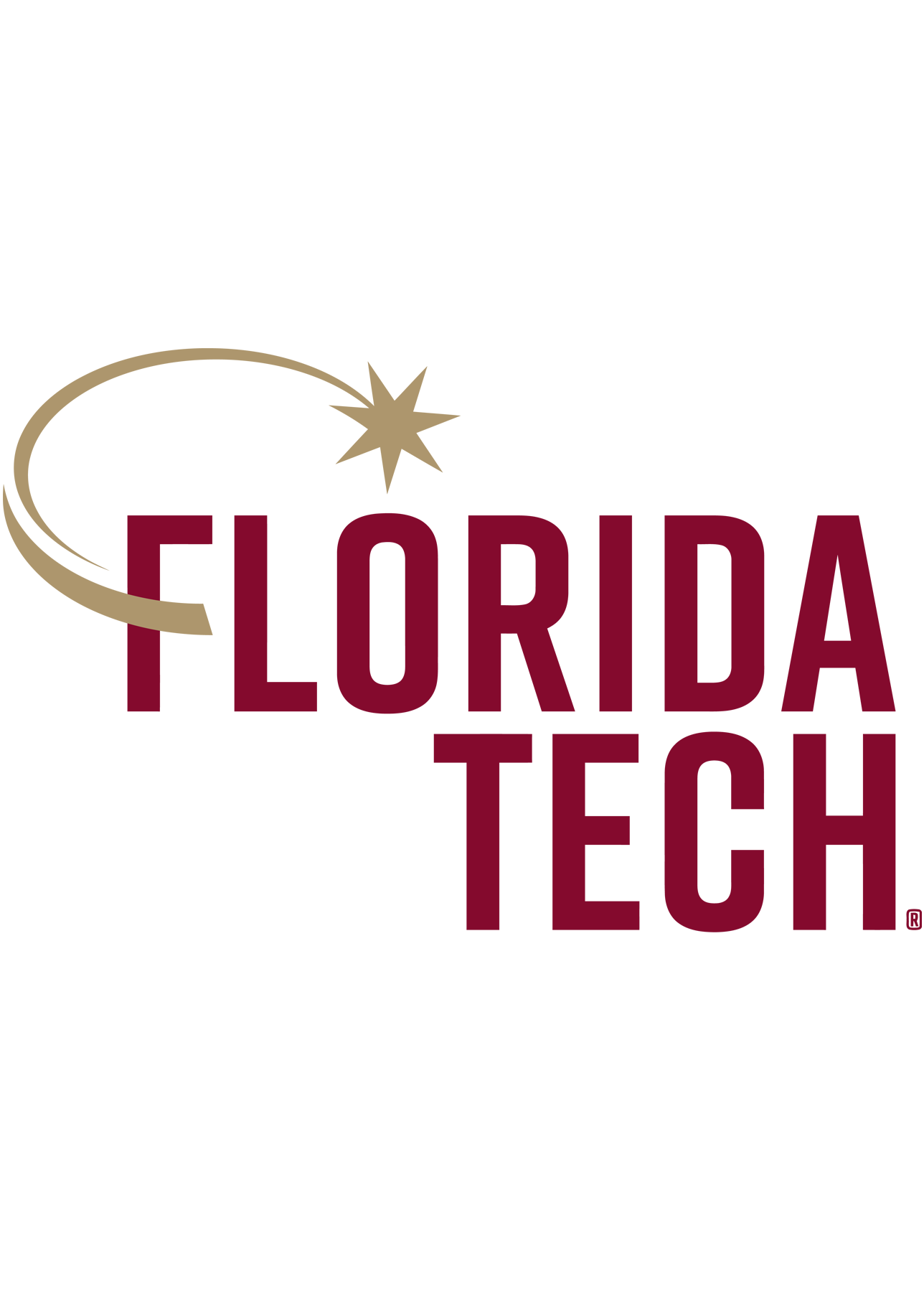
Florida Institute of Technology
Intelligent Score: 94.68In-state: $42,346
Out-of-state: $42,346
In-state: $22,338
Out-of-state: $22,338
SAT: 1130-1330
ACT: 23-30
$1,310
On-Campus, Online
Southern Association of Colleges and Schools Commission on Colleges
30

USC Viterbi
Intelligent Score: 93.56In-state: $12,288
Out-of-state: $33,528
In-state: $13,737
Out-of-state: $13,737
SAT: 1140-1340
ACT: 25-31
$2,543
On-Campus
WASC Senior College and University Commission
32

Arizona State University
Intelligent Score: 92.16In-state: $10,710
Out-of-state: $28,800
In-state: $11,720
Out-of-state: $11,720
SAT: 1100-1320
ACT: 21-28
Resident: $897
Non-Resident: $1,472
On-Campus
Higher Learning Commission
30

Drexel University
Intelligent Score: 91.40In-state: $53,868
Out-of-state: $53,868
In-state: $36,234
Out-of-state: $36,234
SAT: 1180-1380
ACT: 25-31
$1,396
On-Campus, Online
Middle States Commission on Higher Education
45

University of California, Irvine
Intelligent Score: 90.55In-state: $11,442
Out-of-state: $41,196
In-state: $11,442
Out-of-state: $11,442
SAT: 1310-1530
ACT: 30-35
$1,826
On-Campus
WASC Senior College and University Commission
48

Villanova University
Intelligent Score: 89.10In-state: $56,730
Out-of-state: $56,730
In-state: $20,619
Out-of-state: $20,619
SAT: 1320-1460
ACT: 30-33
$925
On-Campus
Middle States Commission on Higher Education
30
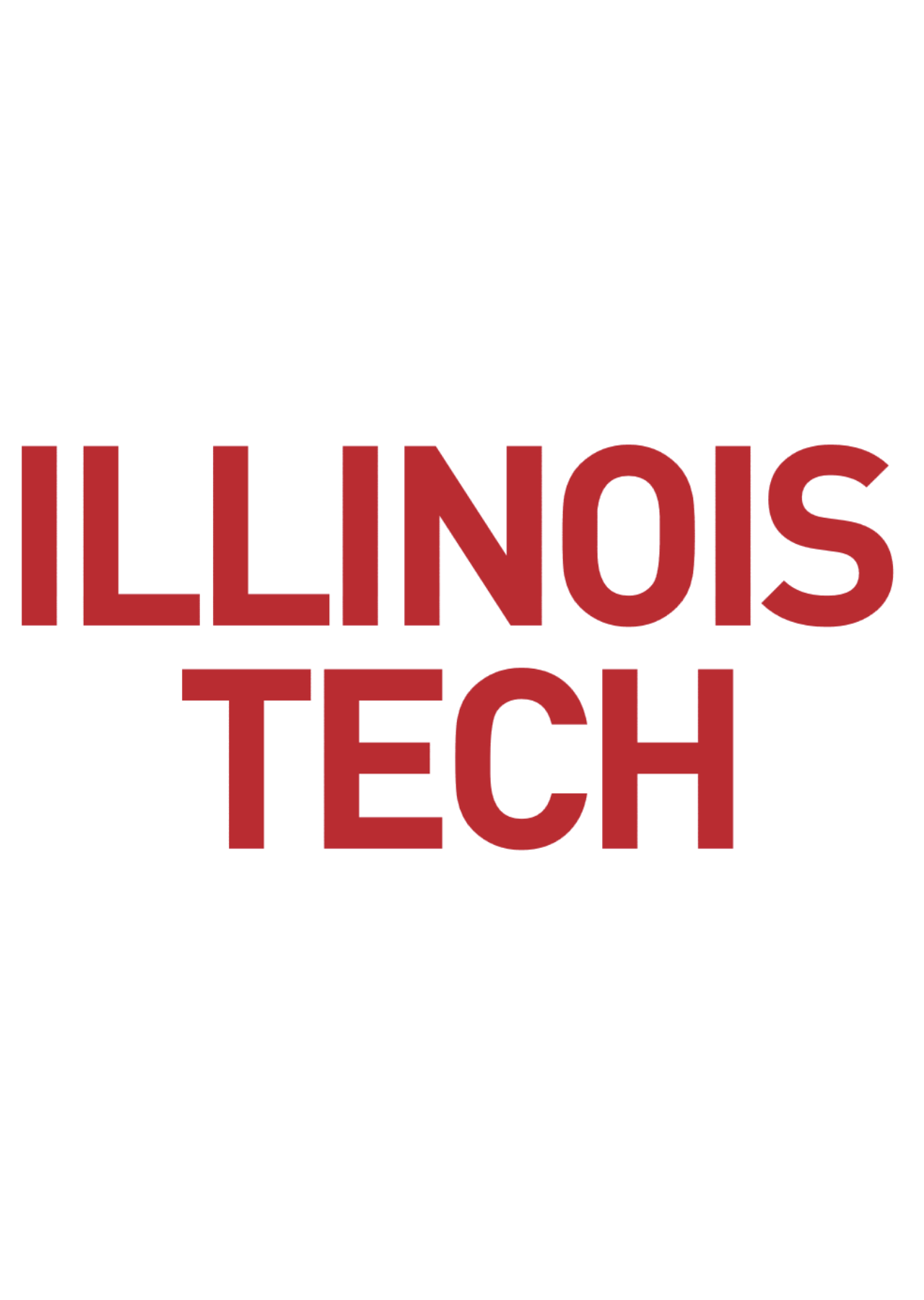
Illinois Institute of Technology
Intelligent Score: 88.03In-state: $48,610
Out-of-state: $48,610
In-state: $29,075
Out-of-state: $29,075
SAT: 1200-1390
ACT: 26-32
$1,712
On-Campus
Higher Learning Commission
30
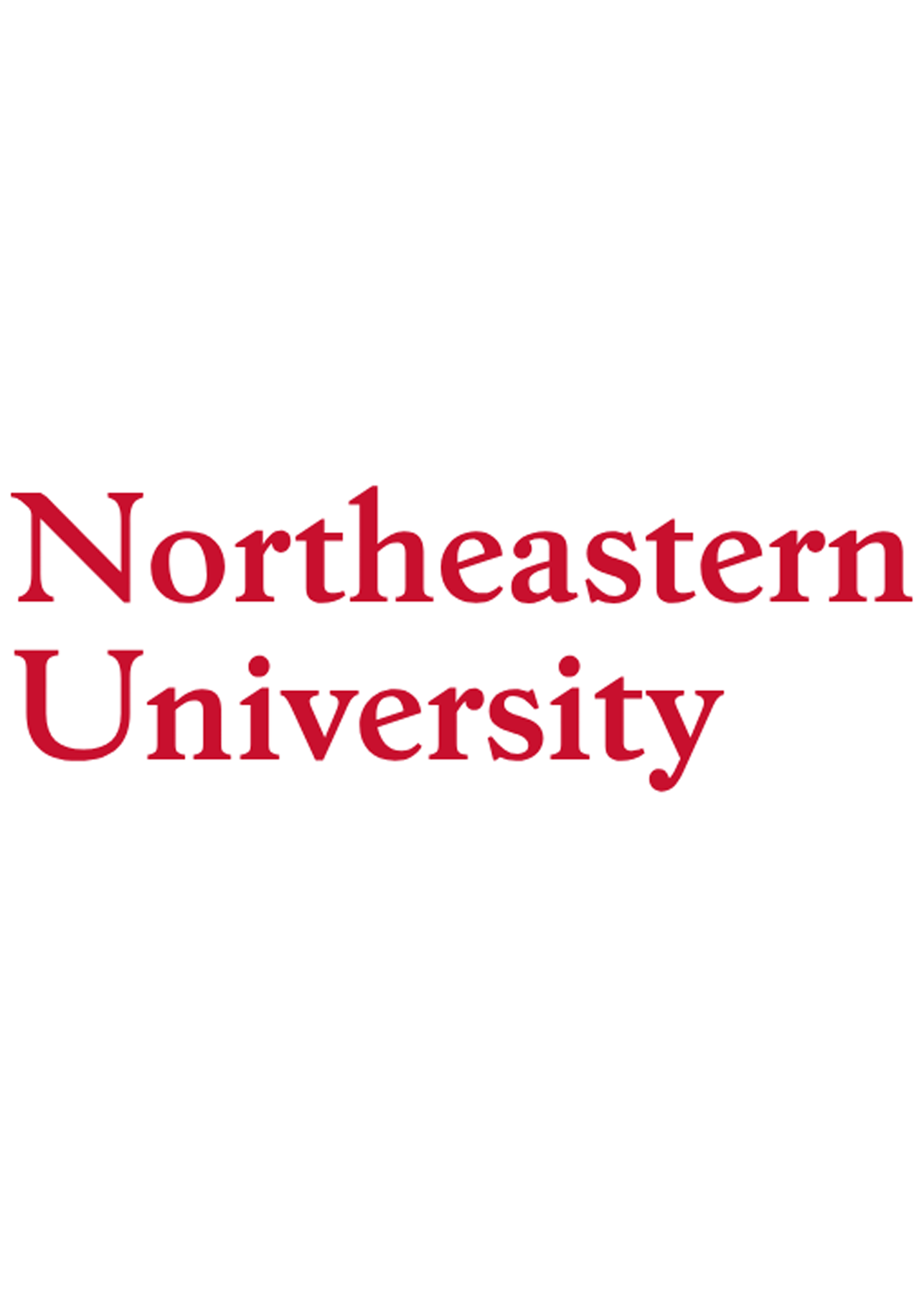
Northeastern University
Intelligent Score: 87.38In-state: $54,360
Out-of-state: $54,360
In-state: $25,264
Out-of-state: $25,264
SAT: 1410-1540
ACT: 33-35
$1,801
On-Campus
New England Commission of Higher Education
32

The University of Alabama in Huntsville
Intelligent Score: 85.82In-state: $10,780
Out-of-state: $30,250
In-state: $10,780
Out-of-state: $10,780
SAT: 1070-1330
ACT: 23-31
Resident: $678
Non-Resident: $1,570
On-Campus
Southern Association of Colleges and Schools Commission on Colleges
30

The University of Texas at Arlington
Intelligent Score: 84.95In-state: $11,448
Out-of-state: $40,032
In-state: $12,028
Out-of-state: $12,028
SAT: 1210-1470
ACT: 26-33
Resident: $209
Non-Resident: $776
On-Campus
Accreditation Board for Engineering and Technology
36

St. Cloud State University
Intelligent Score: 84.18In-state: $7,505
Out-of-state: $15,921
In-state: $7,607
Out-of-state: $7,607
SAT: 1000-1250
ACT: 18-24
Resident: $516
Non-Resident: $784
On-Campus, Online
Higher Learning Commission
33-36

Cleveland State University
Intelligent Score: 84.03In-state: $11,185
Out-of-state: $15,952
In-state: $10,215
Out-of-state: $10,215
SAT: 940-1170
ACT: 18-25
Resident: $618
Non-Resident: $1,163
On-Campus
Higher Learning Commission
30

San Jose State University
Intelligent Score: 83.14In-state: $5,742
Out-of-state: $17,622
In-state: $7,176
Out-of-state: $7,176
SAT: 1010-1240
ACT: 19-26
$598
On-Campus
WASC Senior College and University Commission
33
How to Choose a Master’s in Software Engineering Degree Program
Choose your area of study
Start by assessing your interests, strengths, and career goals to identify areas of specialization that align with your aspirations. Research the curriculum and faculty expertise of potential programs to ensure they offer courses and resources relevant to your chosen area of study, whether it’s software development, cybersecurity, artificial intelligence, or another specialization. Consider factors such as job market demand, salary prospects, and emerging trends in the field to make an informed decision.
Research schools and programs
Begin by compiling a list of accredited institutions offering the program, considering factors such as location, reputation, and program specializations. Explore each school’s website to gather information on faculty scholarship, curriculum details, and available resources like research centers or industry partnerships. Make use of online forums, alumni networks, and educational publications to gather insights and reviews from current and former students. When you have identified some likely candidates, reach out to admissions offices or program coordinators to ask specific questions and request additional information.
Prepare for tests and applications
Start by familiarizing yourself with the specific admission requirements of each program, including standardized tests like the GRE or GMAT. Dedicate ample time to study for these exams using study guides, practice tests, and online resources. If necessary, hire a tutor to help you drill on essential concepts. Gather all necessary documents, such as transcripts, letters of recommendation, and a well-crafted personal statement. Pay attention to application deadlines and submit your materials early to demonstrate your commitment and organization. Consider seeking feedback on your application materials from mentors or advisors to ensure they showcase your qualifications effectively.
Select your program
Start by clarifying your career goals and preferred area of specialization, such as cybersecurity, data science, mobile app development, or some other area of interest. Make sure you have done enough research on available programs, considering factors such as curriculum structure, faculty expertise, industry connections, and internship opportunities. You may also want to consider logistical factors like location, program duration, and cost to ensure the program aligns with your personal preferences and constraints. Use the expert help of admissions counselors or mentors to ensure that your chosen program is the perfect fit for your professional goals.
Determine how you’ll pay for your degree
Start by assessing your financial situation and exploring funding options such as scholarships, grants, and assistantships offered by the school or external organizations. A simple Google search may uncover scholarships and grants from professional organizations in the field. Complete the Free Application for Federal Student Aid (FAFSA) to determine your eligibility for federal student loans and work-study programs. Research tuition payment plans, employer tuition reimbursement programs, and potential opportunities for part-time work or internships. Consider the total cost of attendance, including tuition, fees, and living expenses, to create a comprehensive financial plan that aligns with your budget and goals.
What Can You Expect From a Master’s in Software Engineering Degree Program?
This degree program offers students a comprehensive education in advanced software development principles, techniques, and methodologies. Students can expect to delve into topics such as software architecture, algorithm design, programming languages, database management, and software testing. The curriculum typically includes both theoretical coursework and practical hands-on projects. Program duration varies but commonly ranges from one to two years for full-time students, with part-time options available for those who are working or have other personal or professional commitments.
Many programs offer opportunities for students to gain practical experience through internships, co-op programs, or research projects with industry partners. Some programs may also require students to complete in-person labs, residencies, or capstone projects. By immersing themselves in a rigorous and comprehensive curriculum, students can expect to develop the advanced technical skills, critical thinking abilities, and collaborative teamwork experience necessary to excel in the field.
Potential courses you’ll take in a master’s in software engineering degree program
- Software Design and Architecture. Covers principles and methodologies for designing scalable, maintainable and secure software systems. Students learn about architectural patterns, design principles, and modeling techniques to develop software solutions that meet requirements.
- Advanced Algorithms and Data Structures. Explores advanced algorithms and data structures used in software engineering, focusing on efficiency, scalability, and optimization. Students learn to analyze algorithmic complexity, design algorithms for various problem domains, and implement data structures to manage and manipulate large datasets effectively.
- Software Testing and Quality Assurance. Examines techniques and best practices for ensuring the quality and reliability of software systems through testing and quality assurance processes. Students learn about different testing methodologies, tools, and frameworks to design and execute test cases and improve software quality throughout the development lifecycle.
- Software Development Lifecycle. Provides an overview of the software development lifecycle (SDLC) and its phases, from requirements analysis to deployment and maintenance. Students learn about different SDLC models, such as waterfall, agile, and DevOps, and their implications for project management, collaboration, and software delivery.
- Cybersecurity in Software Engineering. Explores principles and practices of cybersecurity as they relate to software engineering, covering topics such as threat modeling, secure coding practices, vulnerability assessment, and risk management. Students learn to identify security vulnerabilities in software systems and implement measures to mitigate risks and protect against cyber threats.
Best Master’s in Software Engineering Degree Frequently Asked Questions
How do I apply to a master's in software engineering degree program?
Start by researching admission requirements for your chosen school. Complete the online application form and submit any required documents, such as transcripts, letters of recommendation, or a statement of purpose outlining your academic and career goals. Some programs may require GRE scores or proof of English proficiency for international students. Ensure you meet application deadlines and provide all necessary information accurately. Reach out to admissions counselors for guidance and support throughout the application process.
How much does a master's in software engineering degree cost?
The cost of a master’s degree varies widely depending on factors like institution, program format, and location. On average, tuition ranges from $12,000 to $30,000, as reported by the National Center for Education Statistics. Students should also budget for additional expenses such as textbooks, technology fees, and living expenses. Online programs may offer flexibility but can incur similar tuition costs along with potential technology or online learning platform fees. It’s essential to research total costs across different programs to make an informed decision about affordability and value.
How long does it take to earn a master's in software engineering degree?
How long it takes you to earn your master’s degree is based on factors like program format and enrollment status. Typically, full-time students complete the program in one to two years, while part-time students may take longer. Online programs may offer flexibility but can have similar completion times as on-campus programs. Some online programs offer accelerated options and asynchronous classes that can be taken when it is convenient for the student. The total number of required credits also impacts program length, with some programs requiring more credits for completion.
